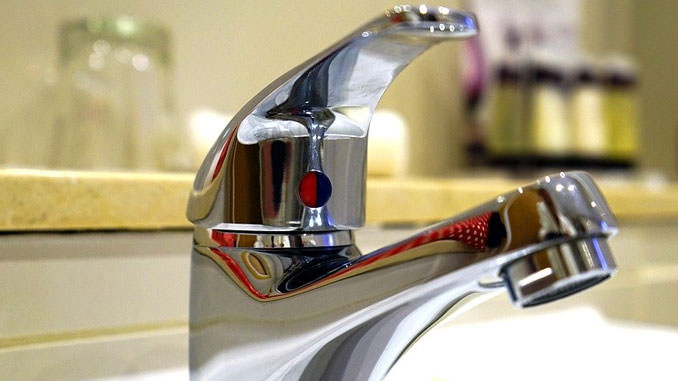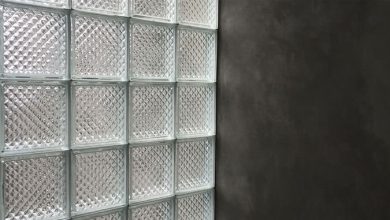
Clean the Taps with Lemon
The dirt that settles on bathroom and kitchen taps does not consist of soap residues and various detergents. If the water is heavy, mineral substances such as chlorine and limestone can be added to the soap scum deposits.
For both types of residues, lemon juice is a very effective natural cleanser. The lemon’s citric acid can penetrate through the greasy foam of the dried detergent and dissolve the limestone and other limestone deposits that accumulate around the base of the tap. This practical and straightforward guide, it will be explained how to clean the taps with lemon.
Spray the lemon juice or pass a half-opened lemon directly on the tap. Rub with a non-scratch sponge, rinse thoroughly with water and dry the tap with a cotton cloth. Remove any stubborn stains by sprinkling lemon juice on the tap and sprinkle with baking soda.
Rub with a damp non-scratch cloth and rinse. Baking soda acts as a mild abrasive and will become bubbly when it comes to lemon juice. Remove all traces of baking soda and lemon and polish the tap with a cotton cloth.
Lemon juice also effectively removes rust stains, which are very common when it comes to faucets. It is possible to combine lemon juice with distilled white vinegar for greater effectiveness, especially on stubborn and persistent stains. Avoid using lemon juice on natural stone faucets such as marble or stainless steel faucets, as the acid may discolor these surfaces.
If the ugly spots persist, use a practical and effective paste based on lemon juice and salt. If necessary, add coarse salt to the pasta to maximize its effectiveness. Remove any mineral deposits on the tap by sprinkling lemon juice on the affected areas and leave the latter to act overnight.
The next day, remove the lemon juice and clean the tap with a damp cloth. If necessary, remove persistent deposits using only baking soda and scrubbing with a sponge. Do not use the salt-based paste on taps that rest on delicate surfaces such as wood, which could get scratched.




